The path of the curious: Yale Postdoc on the challenges and advantages of pursuing a research career in Romania
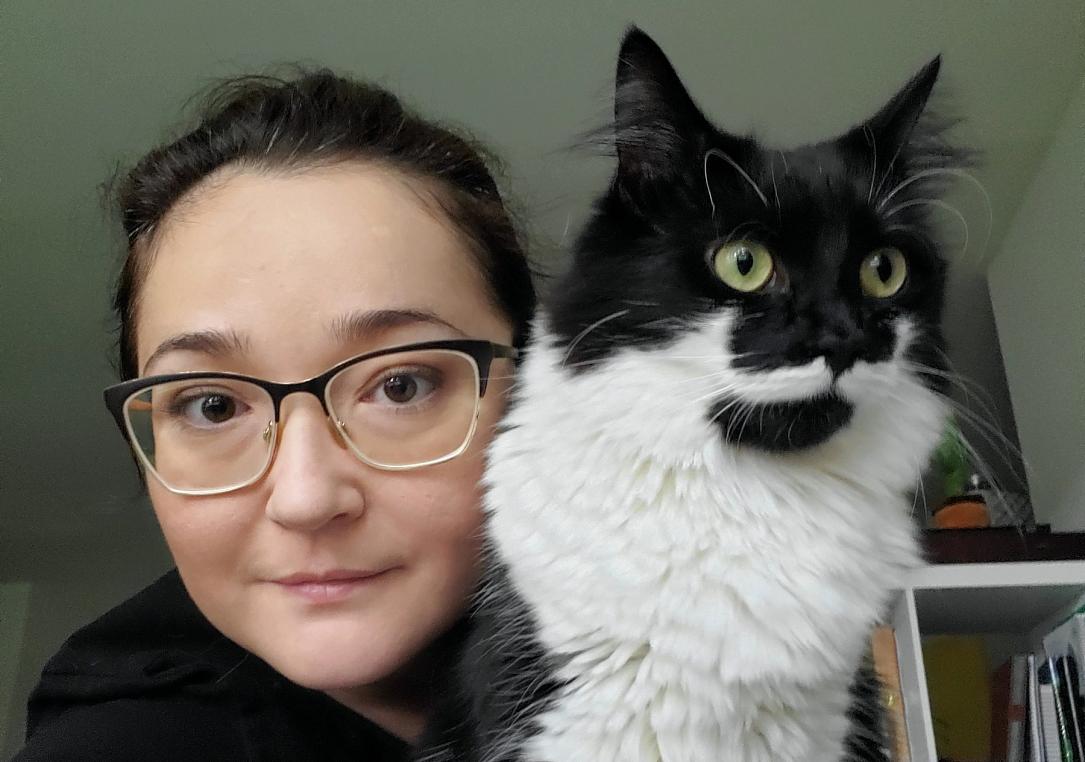


You can read this exclusive article and support us to write more such interviews by getting a Romania Insider membership. With our Premium membership, you will access all our exclusive articles and also get seven premium newsletters.
Now working as a Postdoc and researching neuroimaging data from patients with autism or schizophrenia disorders at the University of Yale, Lavinia was never shy of trying new things. “Living in a small village close to Craiova during the first seven years of my life, there were not so many rules to inhibit my desire to explore”, she remembers from her flat in Connecticut.
She enjoyed sneaking in to read from her grandpa’s newspaper, she was gathering chicken eggs, and she also helped her grandma shovelling in the garden. “I felt like a free girl, and that was by far the happiest period of my life. I know that if I had a child, I would love them to experience a childhood like mine, without the rather grey prospects that cities give”, says Lavinia. She then moved to Craiova, a big city where she feels like she has never belonged. “I was seen as a nerd, while I was just a curious kid that did not want to get into trouble for stupid things”, she adds.
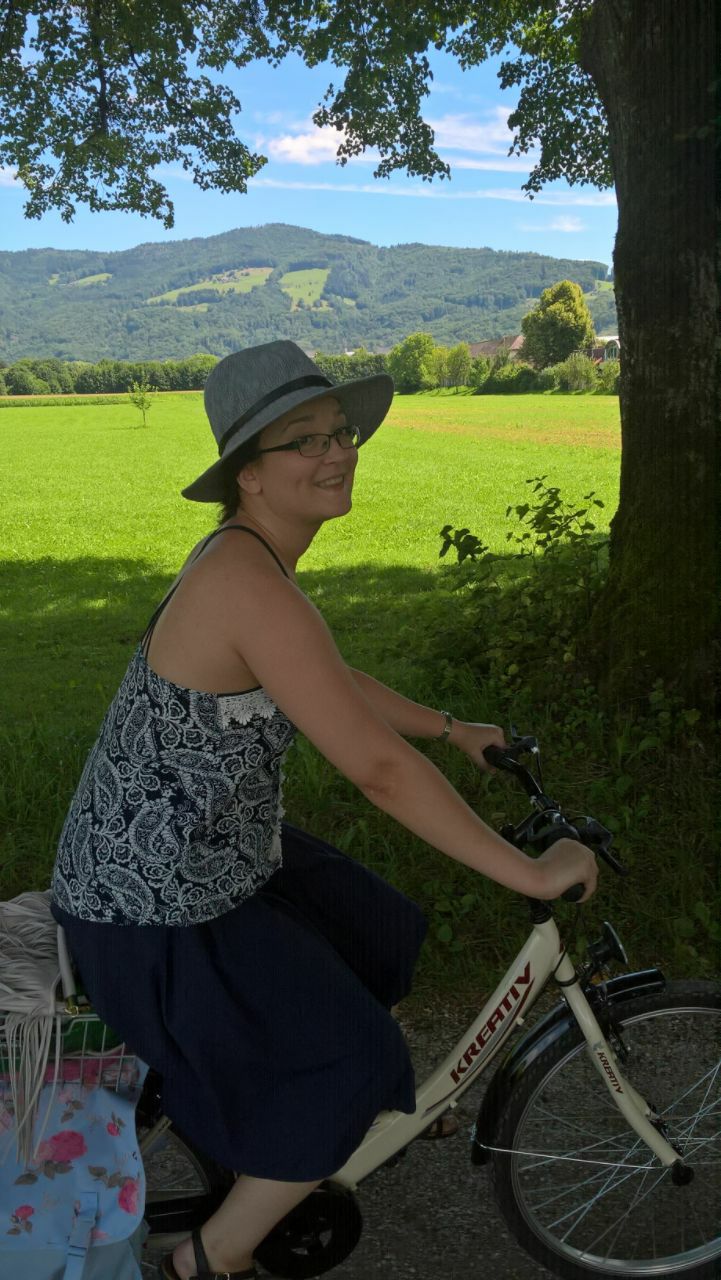
However complicated, during those ten years or so in Craiova, Lavinia met a therapist who guided her to follow psychology at Babes-Bolyai University. “In Cluj, I can finally say I started to know myself. It wasn’t because of psychology, and finally understand why people do this or that. No, it was because Cluj was the first place where I found people alike and rediscovered my freedom to choose what I want to do”, says Lavinia. In her first year at UBB, she had her first contact with neurosciences, and that was the moment she decided about her career.
Growing up in Romania, teenagers face challenges such as outdated parents’ opinions about what a career should look like, or a lack of encouragement to address their desires. Unlike a couple of decades ago, professions do not boil down to one set path until retirement, and Lavinia noticed through study and experience that “transferable skills are the key to opportunities nowadays”. That is because, in developed countries, the academic and professional sectors are more intertwined than ever, thanks to research and development.
Back in 2019, Romania was at the very bottom of R&D expenditure as a percentage of GDP in the EU, five times under the European average. Even more discouraging is that, based on the type of investment, neither the public nor the private sources of funding had academia as a priority. According to the European University Association, the European Recovery Plan created a favourable context in 2021 for the Romanian Ministry of Education to allocate brand-new formula-based funding for research. The investment is distributed based on the results of an annual competition, and a report on how it impacted the academia is expected at the end of 2022.
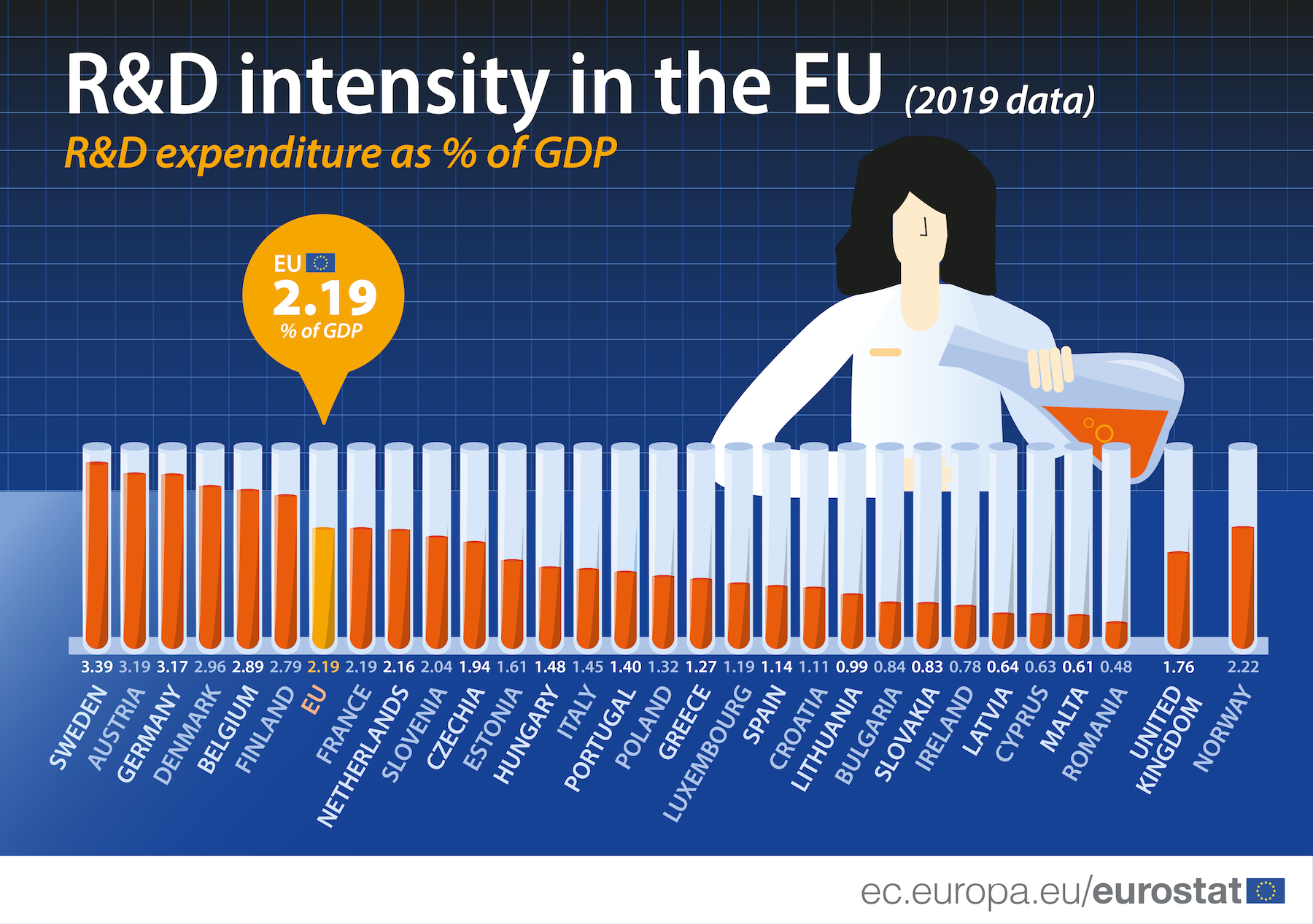
Whether or not in the future Romania will be a research hub or teenagers will have more freedom of choice, Lavinia agrees that the process of finding a career has not changed since she was in school: “At some point, I wanted to join the military school. Visiting one of those sites, having seen they sleep 12 in a room and use common showers, I realised it was not for me. I got there through a coincidence, but in my opinion, this is what parents and teachers should do; plan to expose students to new experiences”. She thinks that the more options one has, the easier will be to make an informed decision about what they want to follow. “My family had always been working in the railway industry, and there were not many ways they could advise me, but they knew that they had to let me see other things and use all the available resources”, remembers Lavinia.
Having studied for a Master’s in Germany and worked as a PhD student in Austria, Lavinia always tried to deepen her knowledge in a more specific field. “Cluj did not have the infrastructure I wanted, so I applied to several programmes and scholarships, ending up in busy Munich. That made me eligible for the PhD of my dreams, in Salzburg, where I had unlimited funding. Only my creativity could have held me back”, says Lavinia. Having experienced living in two of the countries with the highest research investment in Europe, she also got the chance to meet like-minded, ambitious people.
In 2018, during a networking event with Nobel prize winners organised for elite researchers, Lavinia met the future founder of Bio Mentor Hub (BMH). Bogdan Mărgineanu was finishing his PhD in Saudi Arabia, and had in mind to return to Romania, and create a mentoring centre for medical sciences. “It all started as a form of encouragement for young researchers in Romania. The emphasis is on helping students with their personal and professional development, by getting them in touch with experienced mentors. We focus mainly on research since this is the gap we are trying to fill”, says Lavinia with excitement. Their idea came to fruition a couple of years later, and, since January 1, 2021, she has been a member and collaborator for BMH.
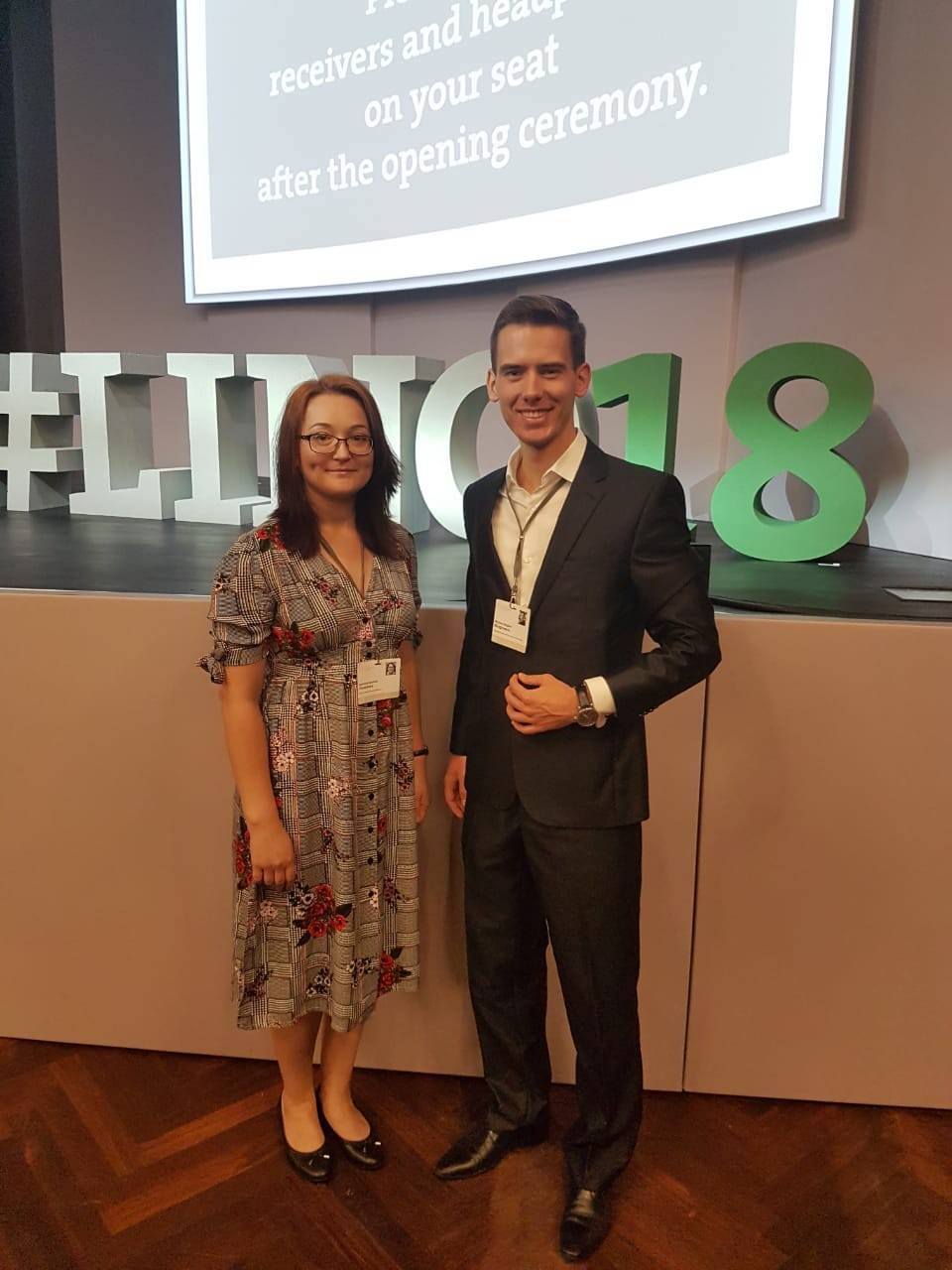
BMH is not only facilitating networking between academics, but it also compiles available external funding, publishes academic papers and, since February 2022, has its own magazine. There, one can check out the latest news in biosciences and medicine, and read Lavinia’s articles.
While BMH is trying its best to support curious academics, and make research not look like a burden for Romanians, the national prospect seems rather daunting. The European Commission recently released a review on the Romanian Research and Innovation system, and the conclusion is that it is not functional. There are ten recommendations for 2022-2027, which the current Research Ministry, Sebastian Burduja, promised to implement. In this context, Romanian PhDs and PostDocs seem to not have a better chance than emigrate.
Lavinia bounced from country to country, driven by her passion, curiosity, and the best scholarships available out there. In her opinion, young students in Romania should not be discouraged by their background, and pursue their passions: “I came from the countryside, and my family had a low income, but in Romania I have always felt like I can do something to achieve my goals. Yes, I was limited by resources, but the simple fact that Universities are free helps a lot! The USA are better at research, but I wouldn’t say they are better at anything else than Romania, especially lifestyle”, says Lavinia, while Hobbes, her cat, makes its way in front of the camera.
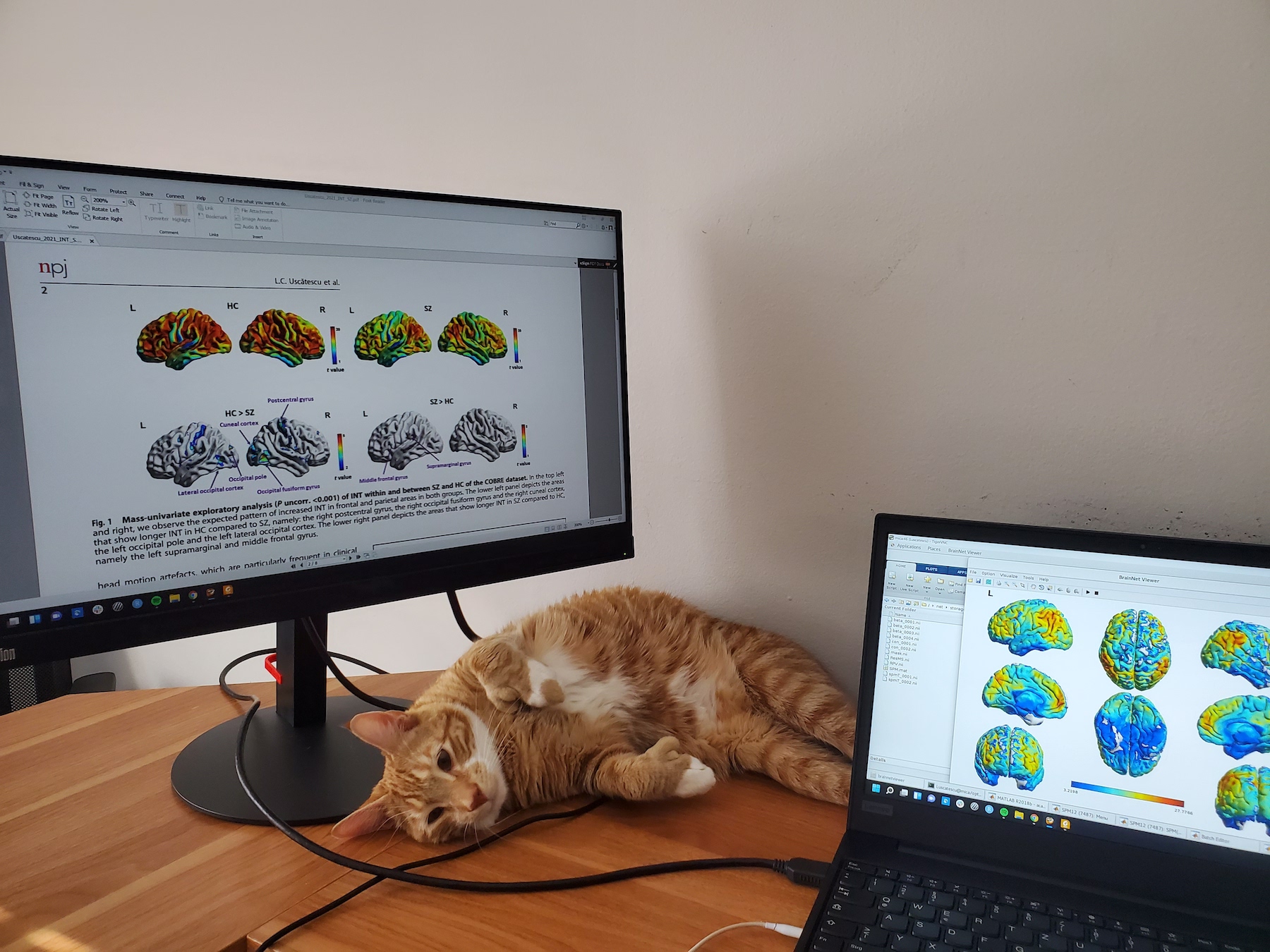
by Stefan Paiu, features writer
Stefan has had a rather radical career change in recent years, shifting from computer science to journalism. His goal is to bring out people's stories, with a focus on social injustice, environmental protection and sports.
(Photos courtesy of Lavinia Uscătescu)